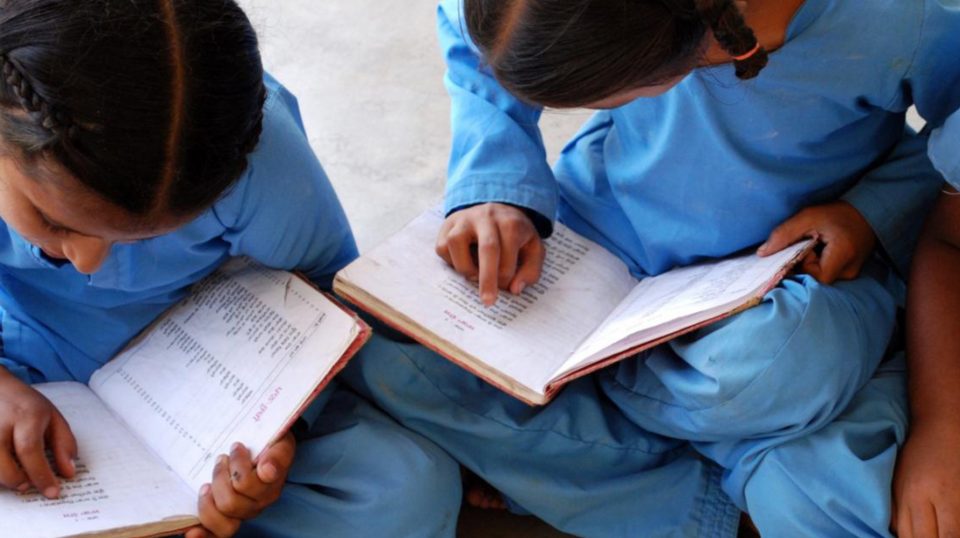‘Aiming to Make India Global knowledge Superpower’
On July 29, 2020, India has crossed a new milestone of incredible incidents that will be remembered by us and the world forever. The Union Cabinet has approved the new National Education Policy on the day that intends to revamp the existing education system in the country. The announcement on the NEP was made by Ramesh PokhriyalNishank, Minister of Education and, Prakash Javadekar, Minister of Environment, Forest and Climate Change, Minister of Information and Broadcasting and Minister of Heavy Industries and Public Enterprises. Here we talk about salient points of National Education Policy (NEP) 2020:
The new Education Policy will focus on the following aspects:
Focus on Vocational Education at School LevelsThe NEP aims to provide exposure to vocational education to at least 50 per cent of learners via school and higher education system by 2025. Every child will learn minimally one vocation while being exposed to several more. These include carpentry, electrical work, metalwork, gardening, based on regulations by states and communities from grades 6 to 8. Other internship opportunities such as a bag-less ten-day period of vocation and online vocation will also be included.
- Modification to the School Education System
To classify the stages under this new education policy, the conventional 10+2 system is being replaced by 5+3+3+4.5 stands for three years of pre-primary school followed by the foundation stage (Classes 1 and 2), the preparatory stage (classes 3-5), the middle stage (classes 6-8) and the secondary stage (classes 9-12).
- Development of High-Quality Modules for Indian Sign Language
Creating high-quality modules to teach Indian Sign Language has been made a priority. This will benefit around several hundred thousand deaf people. Students will be taught how to use sign language and some basic subjects along with it.
- Provision of Free Boarding Facilities in JawaharNavodayaVidyalayas (JNV)
This provision focuses especially on aiding students who come from socio-economically disadvantaged backgrounds. Incorporation of free boarding facilities in NEP aims at matching the standard of JawaharNavodayaVidyalayas.
- Adult Education Courses Post School Hours
Information and Communication Technology (ICT) equipped methods will be practised wherever possible for adult education courses and additional community schemes and activities. This will include permitted use of schools after the specified school time as well as access to public libraries.
- Pre-School Section in KendriyaVidyalayas
At least one year of early childhood care and education will be covered in pre-school sections and added to KendriyaVidyalayas and other primary schools around the country, including a special focus on underprivileged areas.
- National Computing Centre (NCC) Wings in Secondary And Higher Secondary Schools under the Ministry of Defense
Under the aegis of the Ministry of Defense, there is a provision of State Governments promoting the NCC wings in secondary school systems and senior secondary ones, including schools located in tribal-dominated areas.
- Digital and Online Learning
Constitution of digital infrastructure, digital content and capacity growth will be created in the MHRD to facilitate e-education requirements in both school and higher education. Online education will be revised up to points where traditional person to person modes are not feasible.
- Expansion of Scholarship Portal for SC, ST, OBC and (Student Entrepreneurship Development Group) SEDG
This, under the supervision of the National Scholarship Portal, will help in the expansion of supporting, fostering and tracking the progress of students who receive scholarships. Private Higher Education Institutions (HEIs) will also be encouraged to offer a large number of scholarships to their students.
- Standard Regulatory Body for Entire Higher Education
The Higher Education Commission of India (HECI) will be set up as a single supervising entity, excluding medical and legal education. HECI will comprise of four independent verticals – National Higher Education Regulatory Council (NHERC) for regulation, General Education Council (GEC) for standard-setting, Higher Education Grants Council (HEGC) for funding, and National Accreditation Council (NAC) for accreditation.
- Provisions for Children with Disabilities
Specially enabled children will be entitled to participate entirely in the regular schooling stages from foundational level to higher education, by means of support of educators with cross-disability training, accommodations, latest tech-based tools and additional support mechanisms.
With an emphasis on mother tongue for education, activity-based learning, the introduction of subjects between classes 3 to 5, coding and internships in class 6, multi-disciplinary, flexible choice subject in classes 9 to 12 the NEP is a positive step in the right direction making the new generation well equipped to make India a knowledge superpower.
We hope, with the New Education Policy 2020, our Children will grow better and create a better India.
 Live
Live

